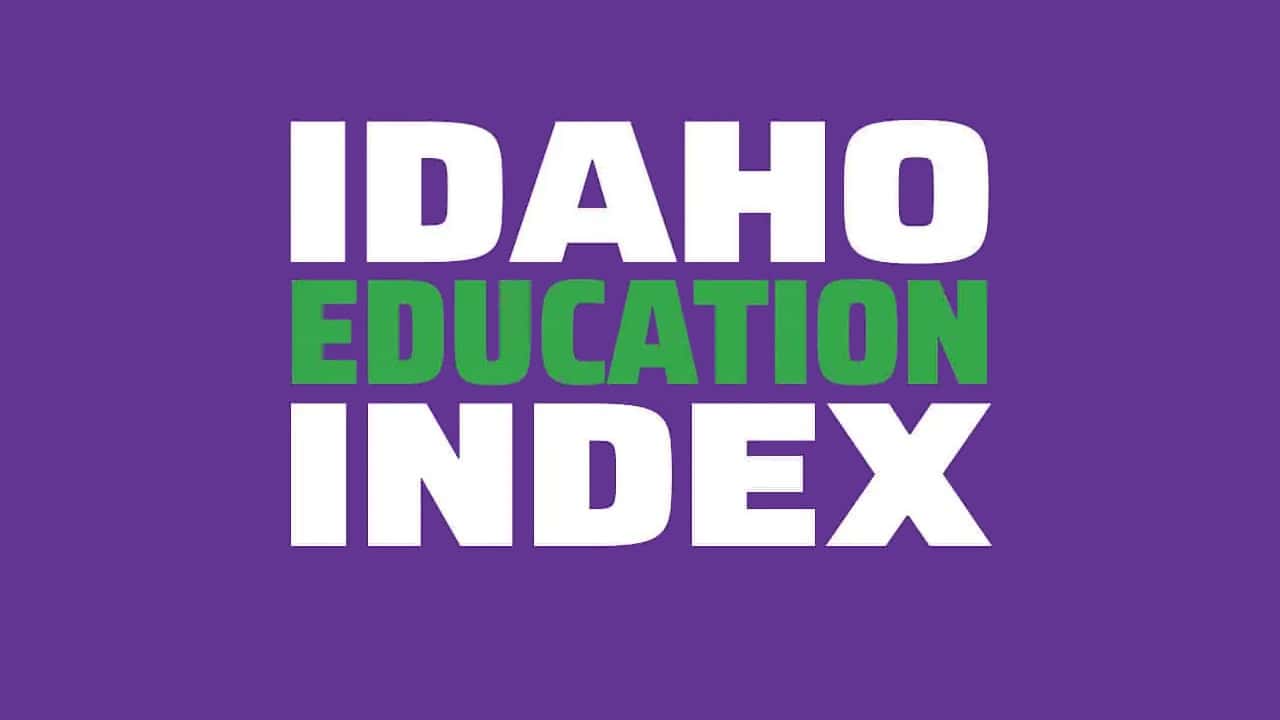


Bill Description: Senate Bill 1362 would clarify what flags may be displayed in an Idaho public school.
Rating: +1
NOTE: The Senate Amendment to Senate Bill 1362 improved the bill by adding a new subsection addressed in the analysis. The rating has not changed.
Does the bill reinforce the idea of equal treatment under the law, merit, individual responsibility, personal agency, and expectations of academic excellence?
Flags can represent many things, including political and social causes. In recent years, some school teachers and personnel have used flags associated with various identity groups to push divisive political and social agendas.
Senate Bill 1362 would address this issue by creating Section 33-142, Idaho Code, titled "Display of Flags on Public School Property."
This short code section would clarify what flags a "public elementary school or public secondary school in the state of Idaho" could display.
These would include the U.S. flag; the "official flag of the state of Idaho, or any county, municipality, public university or community college, school district, special district, or any other political subdivision or governmental instrumentality of or within the state; official flags of any state in the United States; official flags of recognized foreign nations; official school flags; official flags of any of the military branches and units of the United States; official flags of Indian tribes; flags or banners recognized by the Idaho department of education that are awarded for achievements; or flags or banners representing official school mascots and colors."
It is reasonable to prohibit advocacy for political and social agendas by government employees in the classroom, although third-party flags are just one of many ways such advocacy occurs.
The amended version of Senate Bill 1362 adds a subsection that says, "No flags or banners shall be displayed by a public elementary school or public secondary school that represent a political viewpoint, including but not limited to flags or banners regarding a political party, race, sexual orientation, gender, or a political ideology."
This additional language addresses some of the concerns raised in the original analysis, although the bill still lacks any specific enforcement mechanism.
It is unclear how effective this bill would be at countering inappropriate advocacy. The bill does not include any specific enforcement mechanism, and it also contains some exploitable loopholes. For example, a defiant public school might choose to declare a flag excluded from this list as an "official school flag" in order to bypass the prohibition.
Alternatively, a school might opt to display colored balloons or posters in lieu of flags to celebrate a month of political advocacy or some other divisive cause. Prohibiting the use of flags is unlikely to significantly impede the inappropriate advocacy increasingly taking place in public schools.
(+1)


